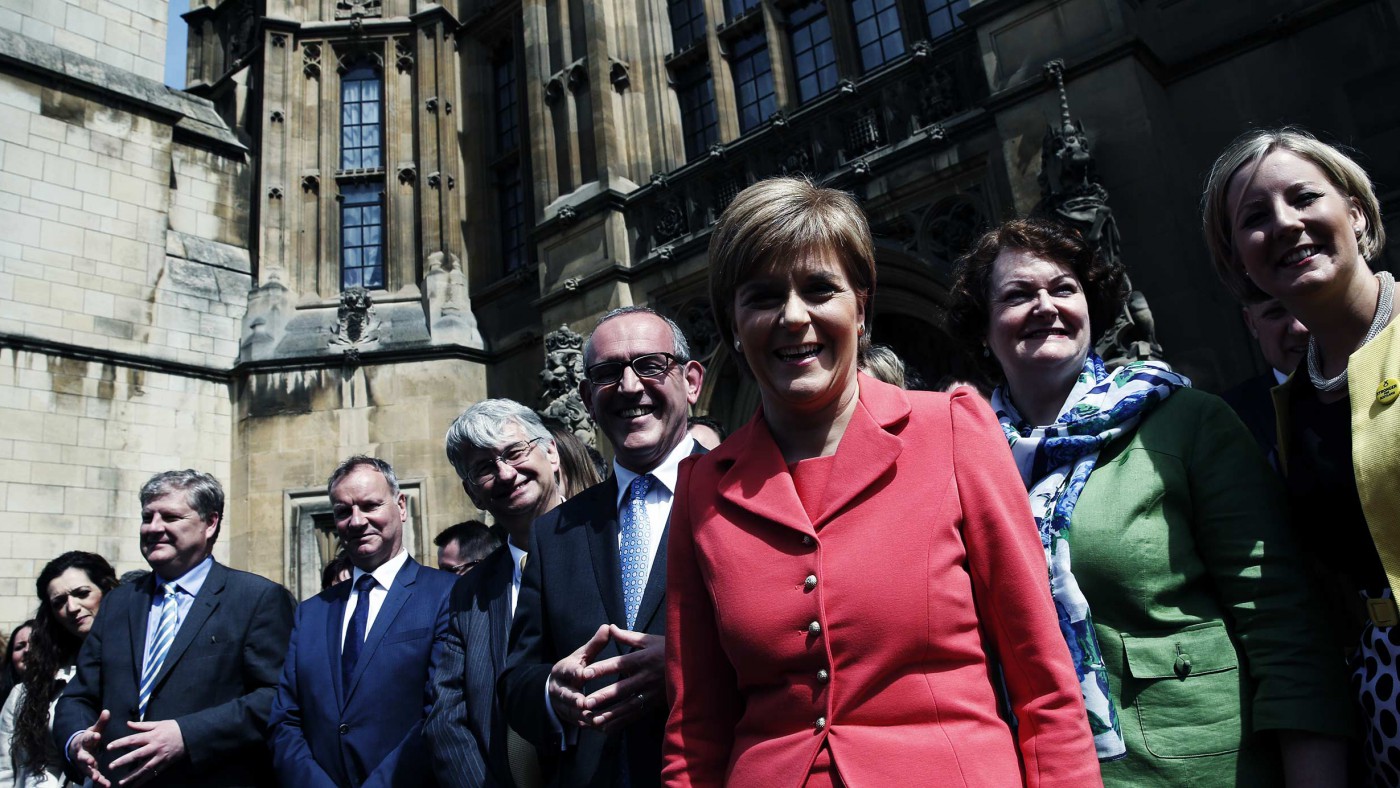On 12 September 1897, perhaps the most heroic engagement in the history of warfare took place. Twenty-one men serving with the Sikh Regiment of the Indian Army defended a signalling post on the Northwest Frontier against 10,000 Afghan tribesmen. Yup, you read that correctly: 21 against 10,000. Never mind Rorke’s Drift; forget Thermopylae; I can’t think of braver odds.
Because it was a signalling post, we know, more or less,how the fight went. One of the Sikhs, Sardar Gurmukh Singh, heliographed regular reports to his superiors as the day wore on. He recorded the deaths, one by one, of his 20 comrades as the hillmen swarmed over the ramparts. After several hours, he sent his final message, reporting that he was the last sepoy still standing, and requesting permission to cease signalling and pick up his weapon. According to later enemy reports, Gurmukh Singh died with the Sikh battle cry on his lips: “Bole So Nihal, Sat Sri Aka!” Though every sepoy died, their stand held up the rebels’ advance, allowing reinforcements to arrive and thwarting the insurgency.
When news of the battle reached the House of Commons, its members erupted in spontaneous applause – something that had never happened before. By tradition, Members of Parliament signal their approval by declaring “Hear! Hear!” They signal their disapproval by pulling faces and howling like stricken beasts, but that’s another story. The point is, MPs don’t clap. It took something as extraordinary as the courage of those Sikhs to move them.
The Commons didn’t hear the sound of clapping again until 1918, when MPs applauded Britain’s victory in the Great War. And that was it for the next nine decades.
Scroll forward to 2007, and Tony Blair’s resignation. The permatanned freebie-meister slyly ended his last statement at the Dispatch Box by telling MPs that they were far nobler and more public-spirited than the country gave them credit for; and they, disgracefully, responded with a standing ovation, led by the Conservative front bench. In those three bouts of applause, we may chart the decline of Parliament.
But that was not the end of it. Since May’s general election, the 56 MPs from the Scottish National Party have taken to applauding regularly. Why? Precisely to show their contempt for the House of Commons, its traditions and its legitimacy.
It makes perfect tactical sense. Having failed to turn Scottish voters against the Union, SNP leaders are now trying to turn English voters against it. Like Charles Stuart Parnell’s Irish nationalists in the late nineteenth century, they aim to make such a thundering nuisance of themselves that the rest of the country shows them the door.
Parnell used obscure rules of procedure to sabotage parliamentary business. For example, one of his MPs might cry “I spy strangers!” at a key moment, obliging the House to halt proceedings while the galleries were cleared.
It is harder to engage in such procedural chicanery these days – largely because of rules brought in in response to Parnell’s filibustering. But MPs still have the capacity to be irksome and obstreperous. Which is what the SNP representatives aim to be – for example, by sitting in the places that ought, by tradition, to be occupied by Labour.
These things, of course, bother MPs rather than ordinary English and Welsh voters. But the SNP won’t stop at procedural games. The party has already announced that it is dropping its long-standing convention of not voting on issues that don’t affect Scotland.
It’s worth noting, though, that Parliament responded to Parnell and his heirs, not by offering partition, but by legislating for Home Rule. After several tragically missed opportunities, an Irish Home Rule Bill was eventually passed, and would have been implemented had not the First World War intervened. That conflict galvanised the then fringe Republican movement whose leaders knew that, once large numbers of Irish Catholic volunteers returned from the trenches having served under the Union flag, their dream of total rupture would be lost. Hence the 1916 rising, to which the authorities responded with such idiotic brutality that Irish opinion moved decisively toward Republicanism.
Now, to put this as gently as I can, I don’t think the SNP can rely on anything as dramatic as the First World War or the Easter Rising intervening in their favour. The equivalent of Home Rule nowadays is Devo Max: internal autonomy for Scotland, including in most fiscal matters. This would necessarily imply equivalent autonomy in other parts of the UK, and perhaps a formal move toward federation. Westminster MPs would be left with far fewer powers than now, mainly overseeing defence, foreign affairs, immigration policy and one or two taxation issues. Domestic issues would be dealt with at a more local level. Members of Parliament could become part-time, and be paid accordingly.
You know what? We might even, as a goodwill gesture, ask the Irish Republic whether it would like to get involved again; it seems only polite after everything we’ve been through together. If SNP MPs wanted to applaud the return of Southern Irish representatives to a federal Parliament of the Isles, that’d be fine by me.


